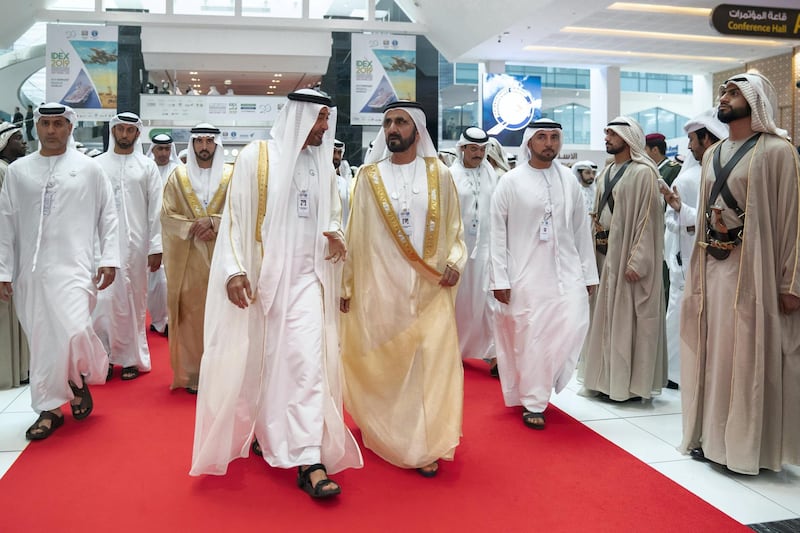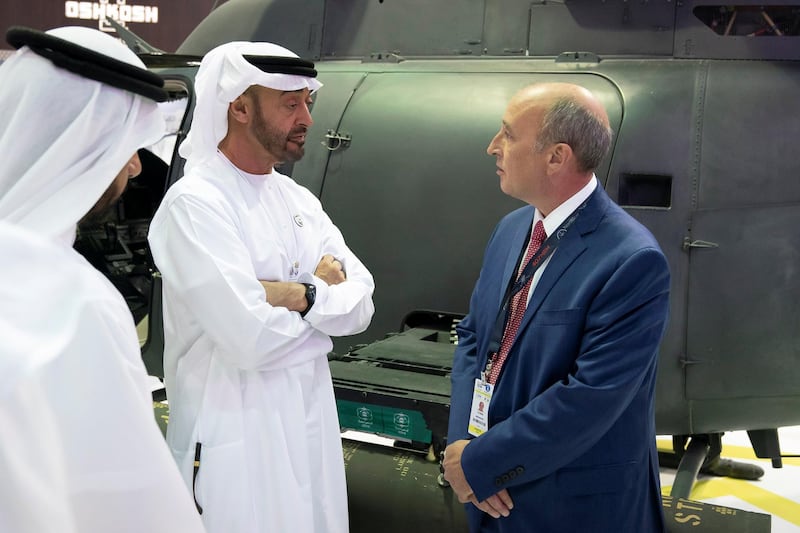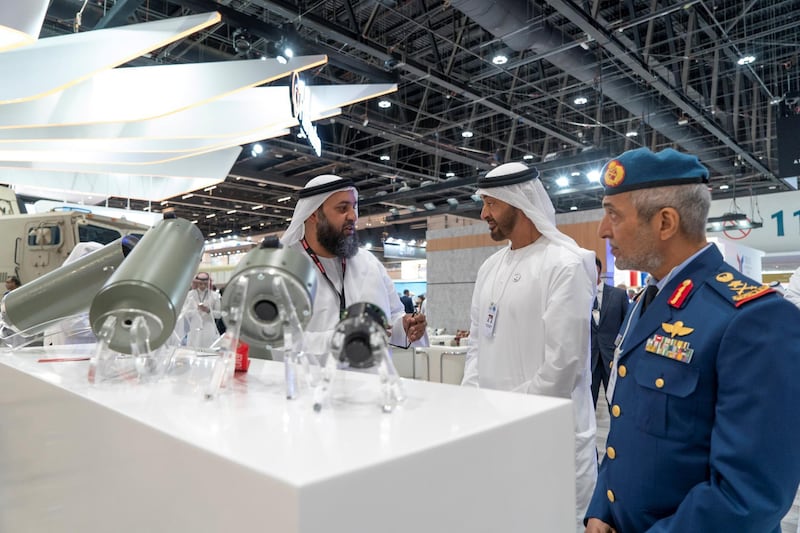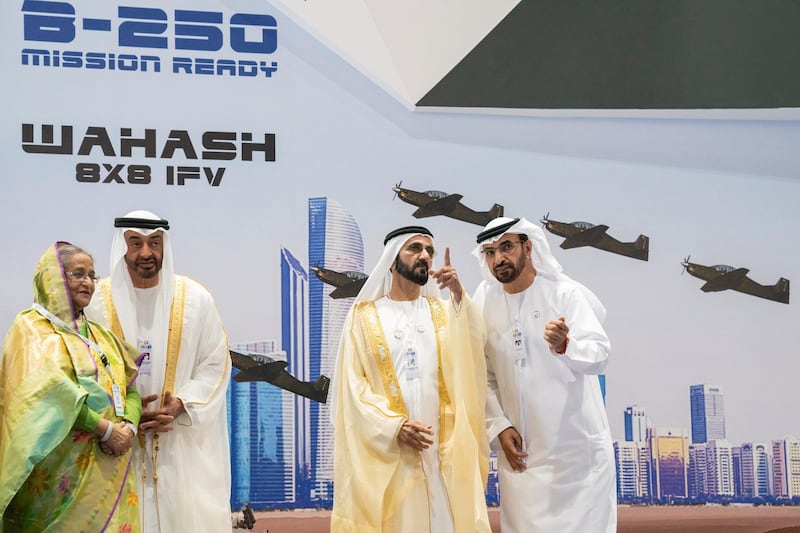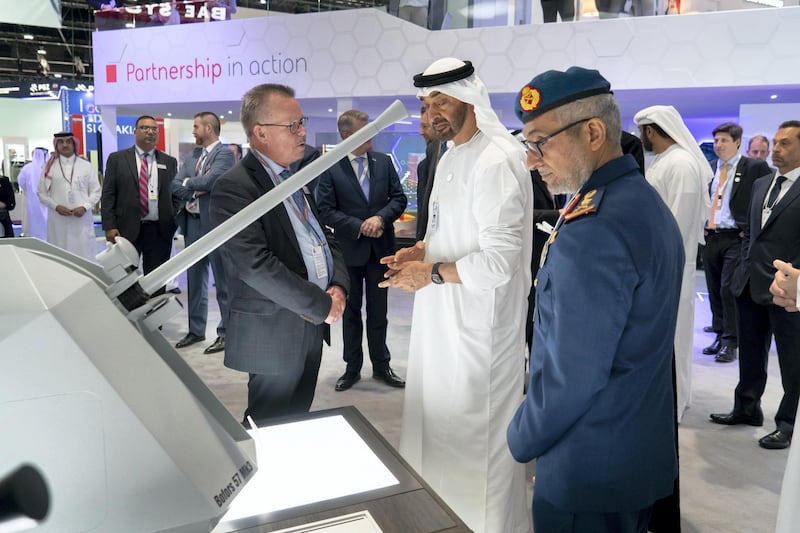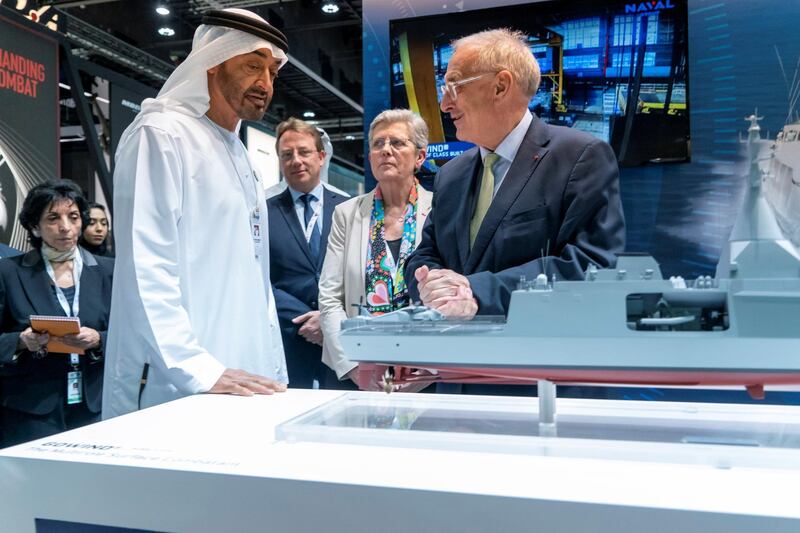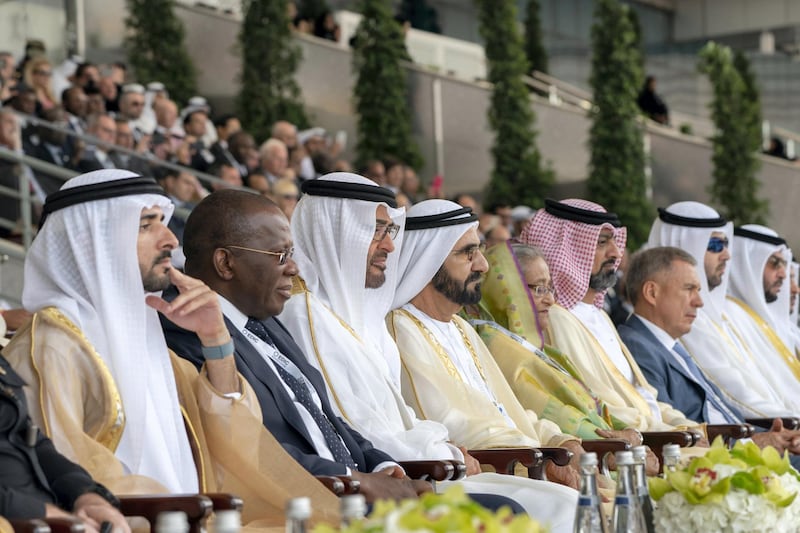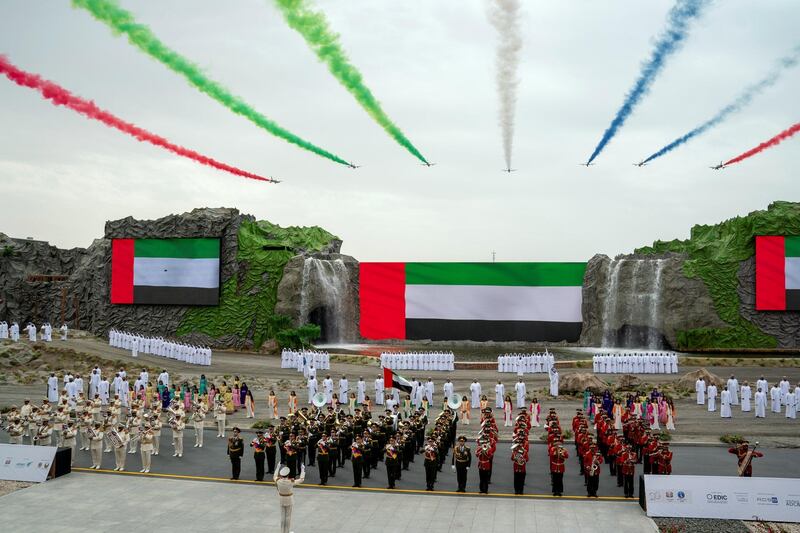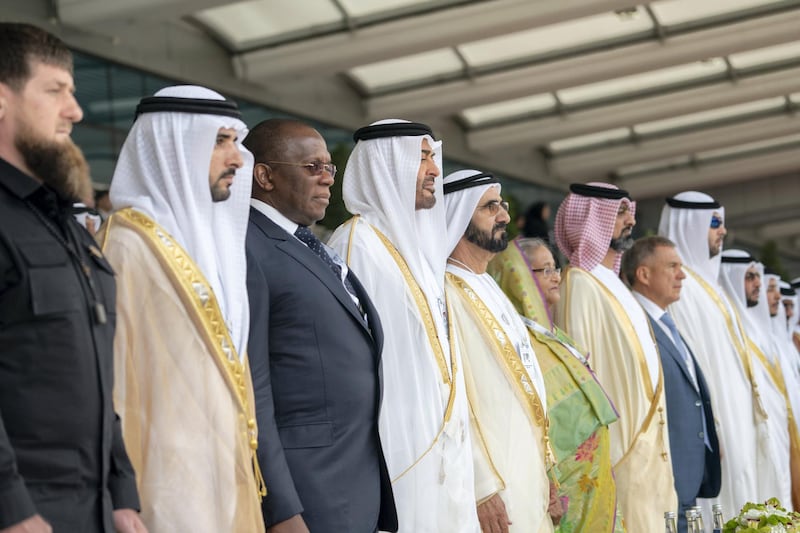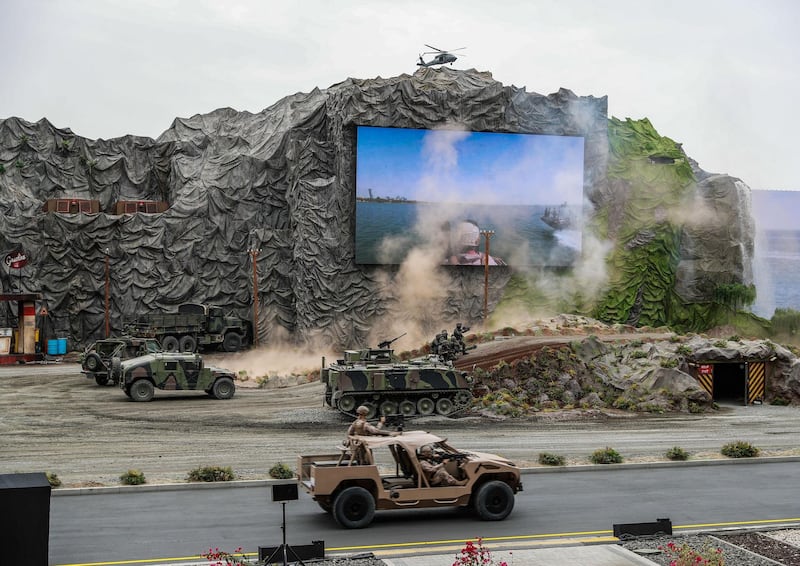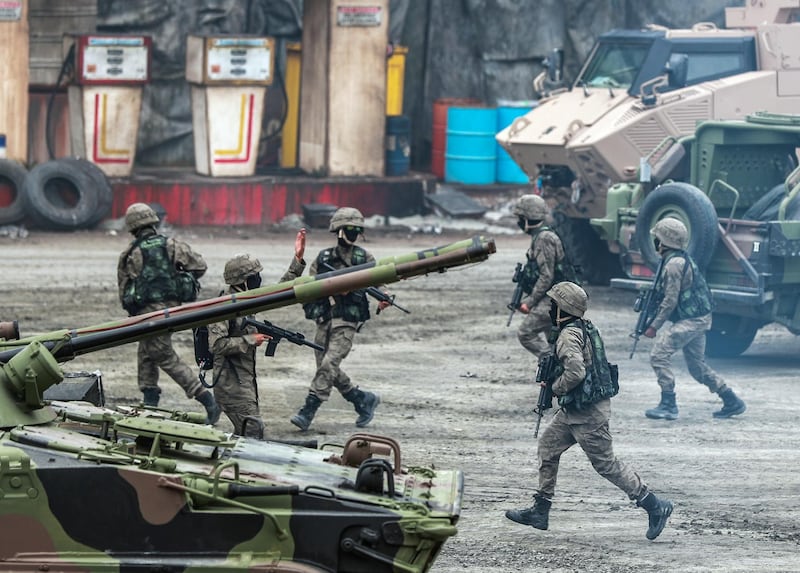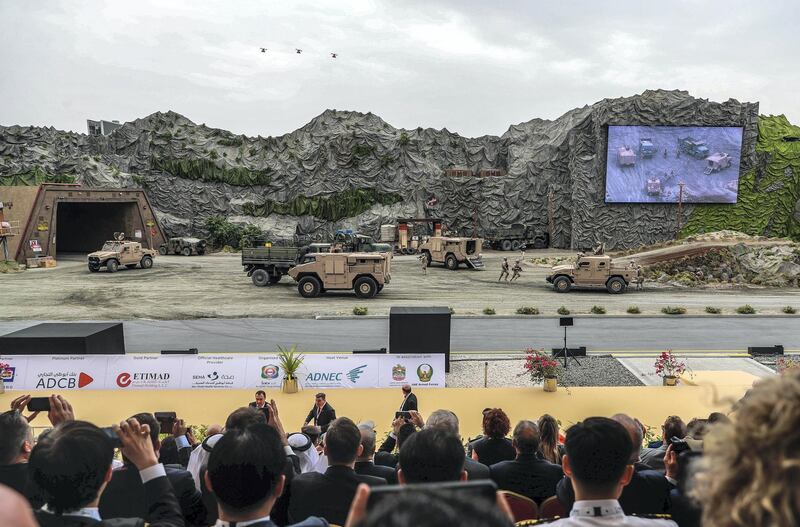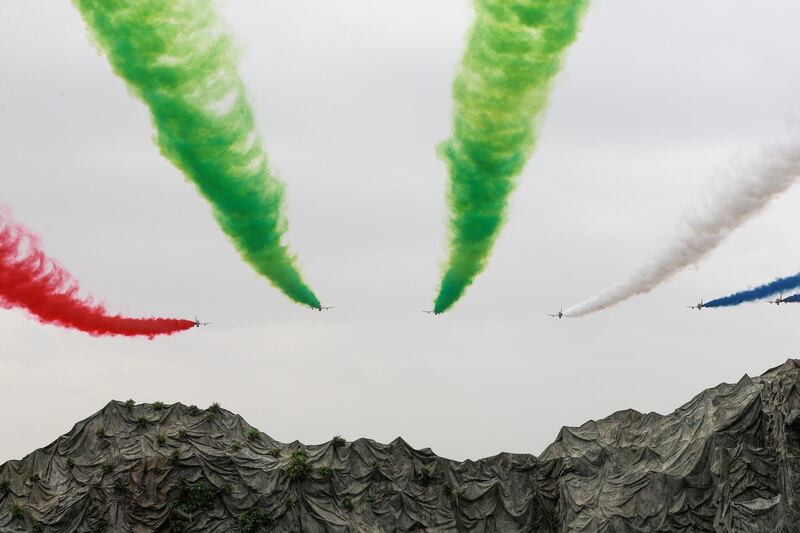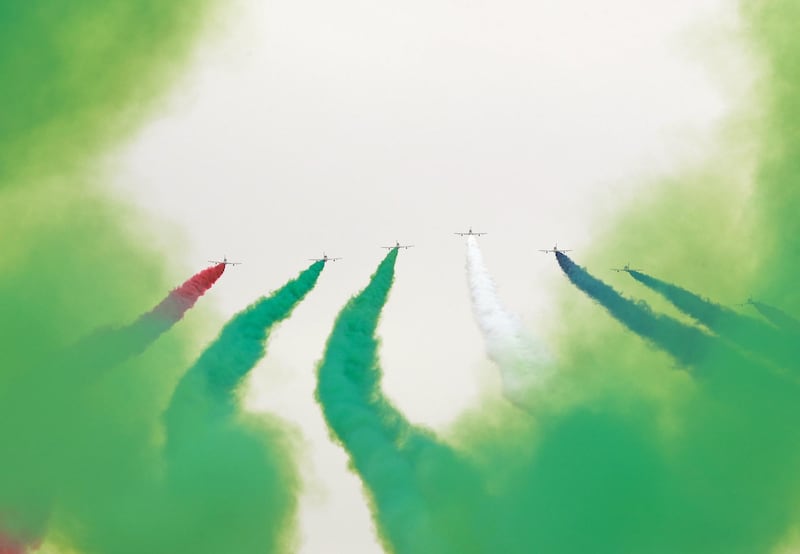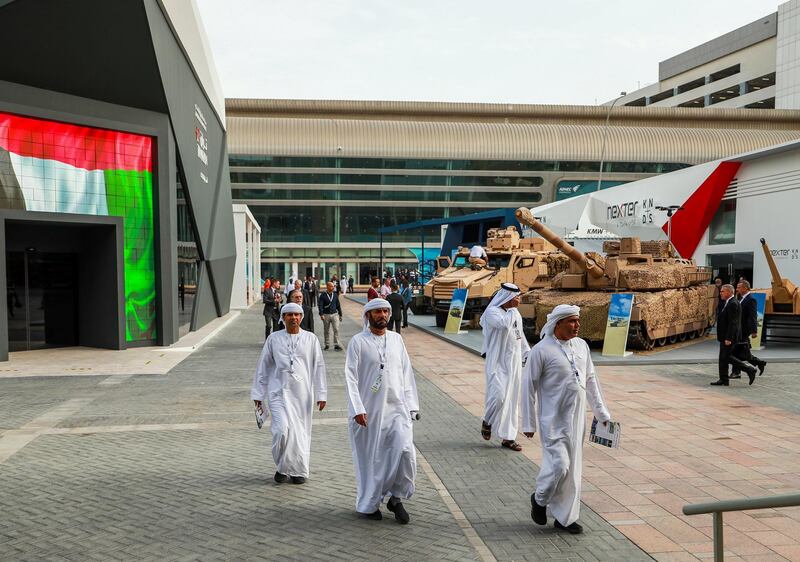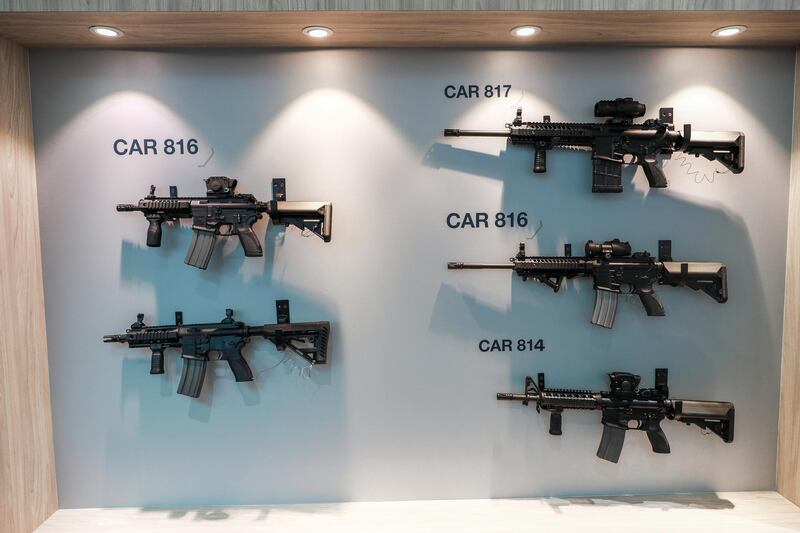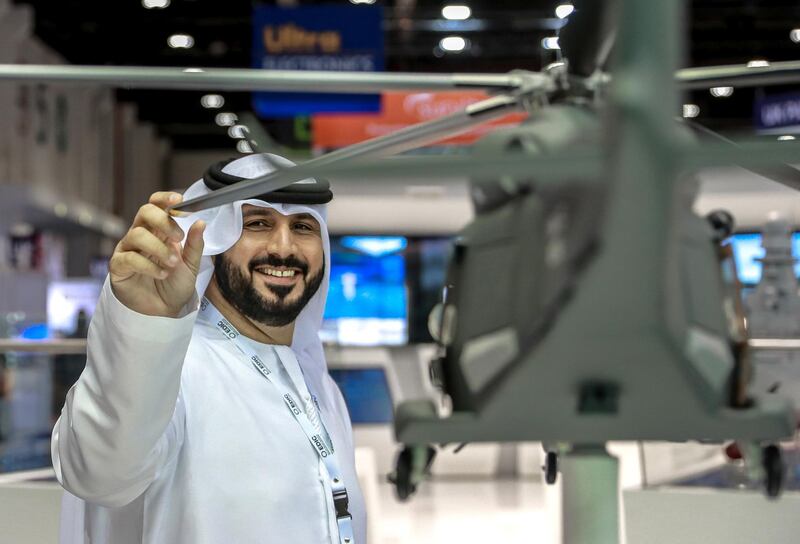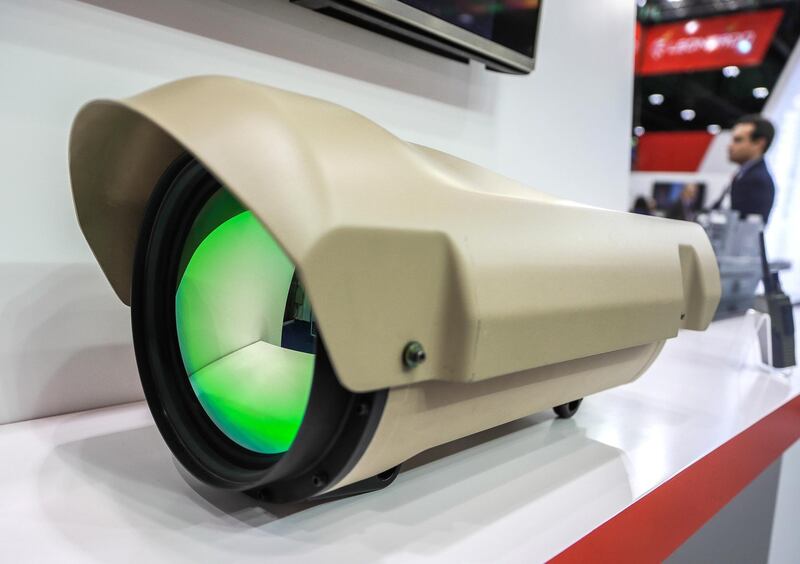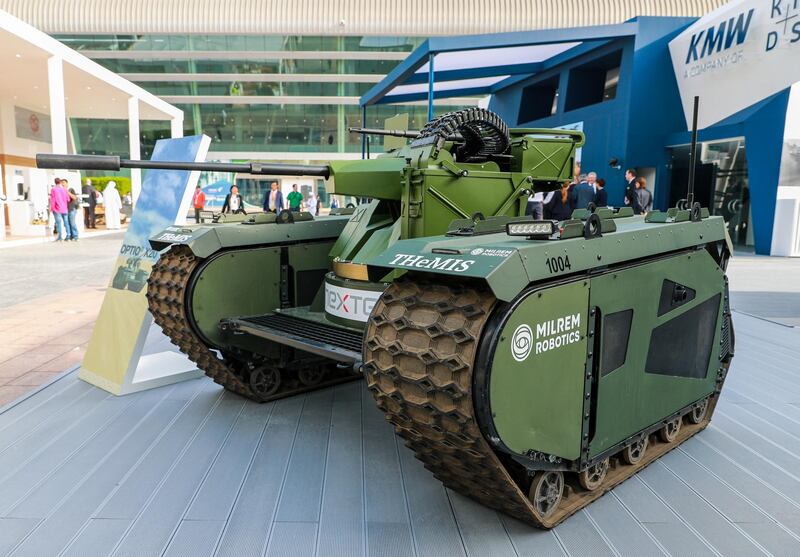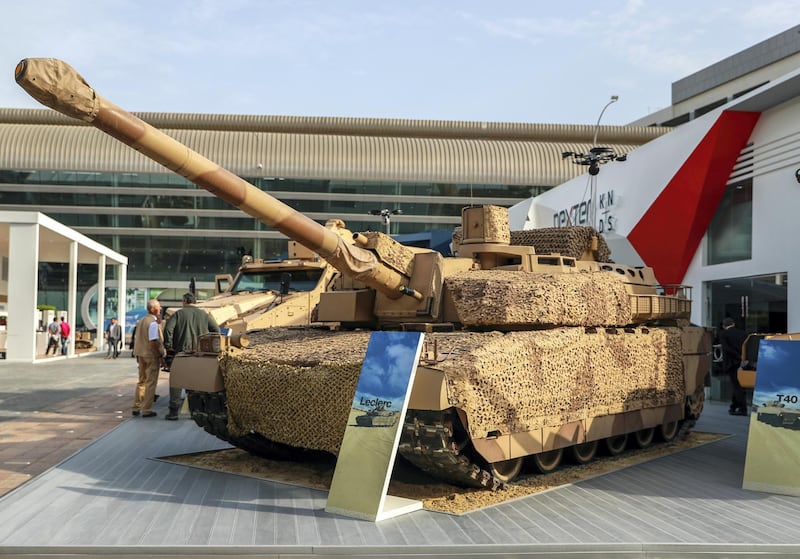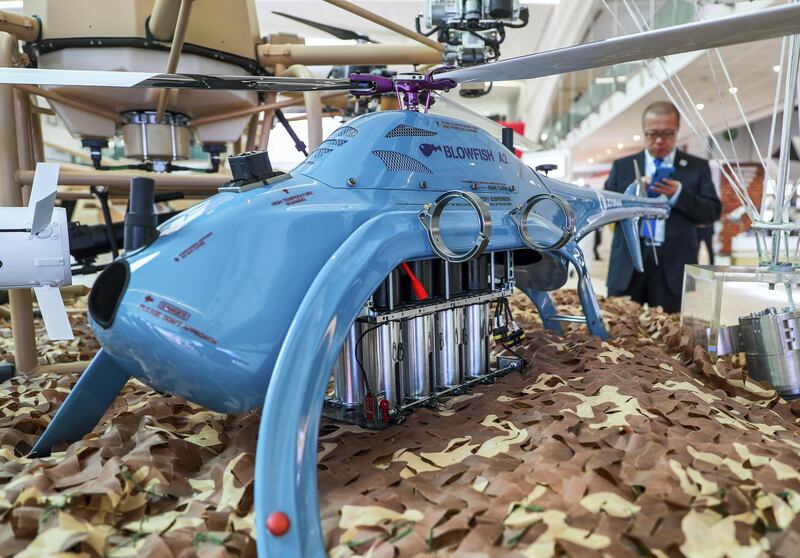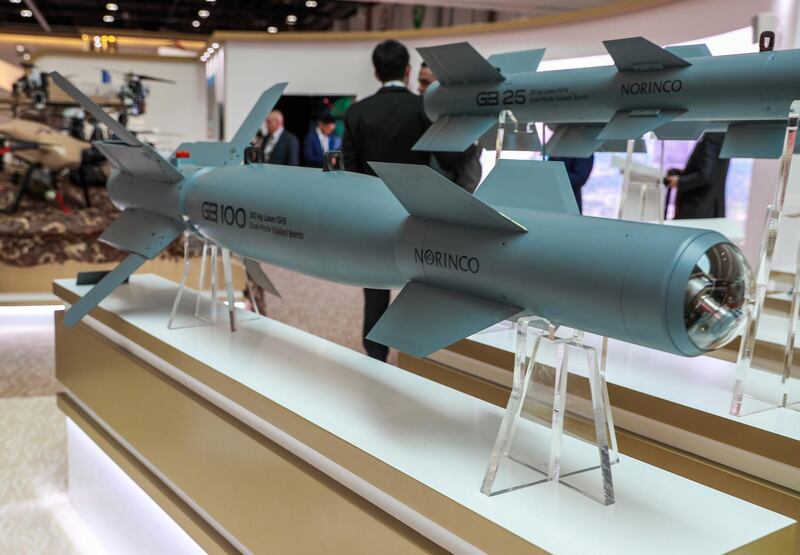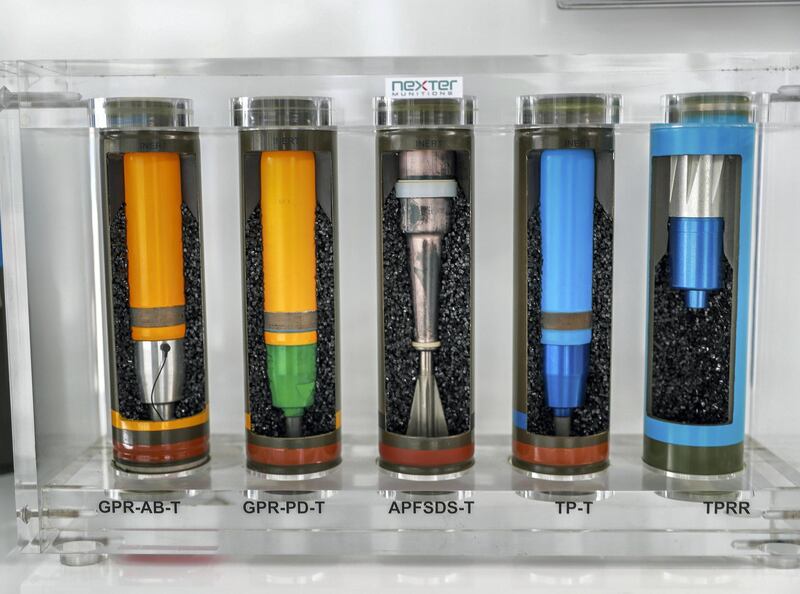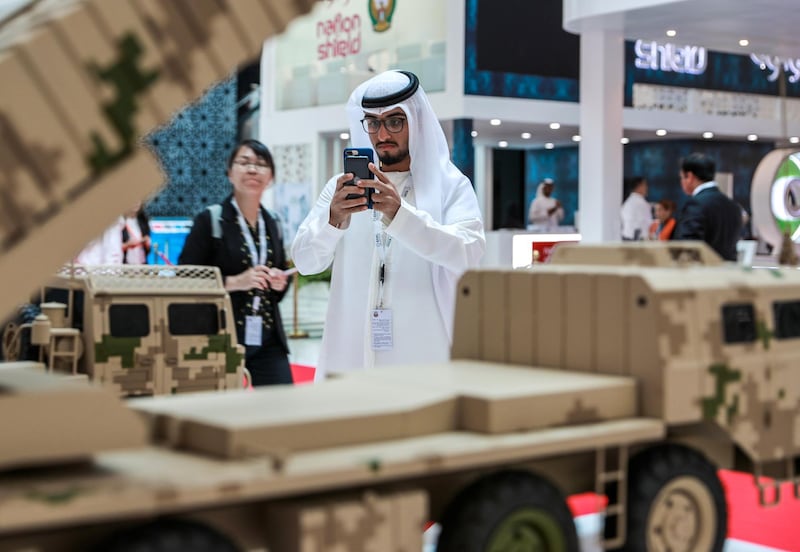Arabian Gulf states are seeking deals from Western arms suppliers that increase the transfer of technical know-how to local companies as they develop home-grown defence industries to diversify their economies amid a push for regional collaboration.
The Arabian Gulf's spending on procurement is forecast to grow 15 per cent in the next five years to $17 billion in 2023, as defence budgets expand again following some project delays during the three-year oil price slump that began in 2014, according to Jane's IHS Markit report on Friday.
"Arab countries may want to increase collaboration certainly with Western countries to get better offset deals because procurement is difficult everywhere and they can extract good deals if they’re measured about this," Ron Matthews, defense economist and professor at the UK Defence Academy, said.
"But also to be creative and collaborate among themselves and other countries."
Top government officials and company executives will gather on Sunday for the five-day International Defence Exhibition and Conference (Idex), one of the biggest defence expos in the world. The exhibition is taking place as regional governments prepare to ramp up military expenditure amid geopolitical tensions.
Defence spending in the Gulf is forecast to increase $110.86bn in 2023 from $103.01bn in 2019 as nations modernise their military equipment and expand capabilities, according to the Jane's IHS Markit report.
“Falling energy revenues between 2014 and 2016 led to some major procurement projects being delayed as government’s reigned in budget deficits,” Charles Forrester, senior defence industry analyst at Jane’s by IHS Markit said. “However, defence was generally protected from the worst of the spending cuts due to regional security concerns and budgets are now growing again.”
Tawazun Economic Council, which is tasked with the development of a sustainable defence and security industry in the UAE, is expected to announce three new projects during Idex. Last week it announced a Dh2.5bn fund to bolster the sector’s contribution to the local economy.
Saudi Arabia Military Industries (SAMI), the state-owned defense company created in 2017, is also expected to announce deals during the exhibition.
The UAE and Saudi Arabia, who have some of the region's most advanced forces, are pushing to develop their own home-grown defence industries. The aim is to reduce their economies' reliance on oil, create jobs for young nationals and transfer technical know-how from Western defence companies as part of the package for their arms deals.
Local talent can then acquire high-tech skills in defence manufacturing, from AI to cyber-security, and develop applications for civil and commercial purposes.

"If you build a factory in the UAE to produce parts of weapons systems, then the design and engineering skills acquired will be applicable to commercial business," Mr Matthews said. "These workers can themselves diversify, move on, start their own factories in the supply chain and support commercial development."
While Gulf arms buyers are increasingly insisting that major defense deals will require substantial workshare for local firms -beyond routine maintenance support - the challenge remains that international defence giants are reluctant to part with proprietary high-technology information, he said.
Governments must also ensure that factories remain operational beyond the duration of the defence programme, Mr Matthews said.
